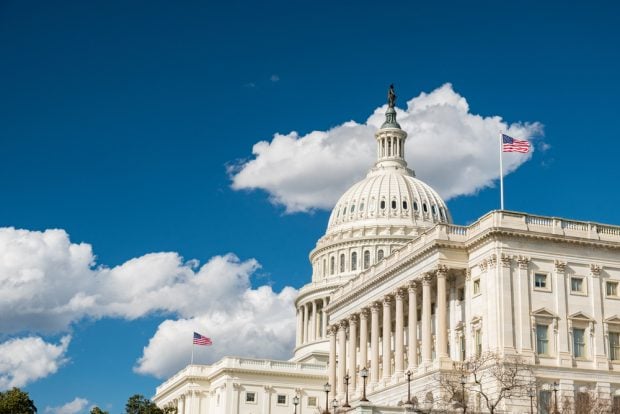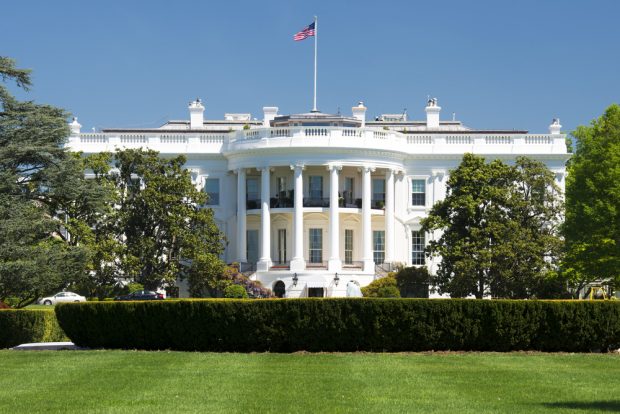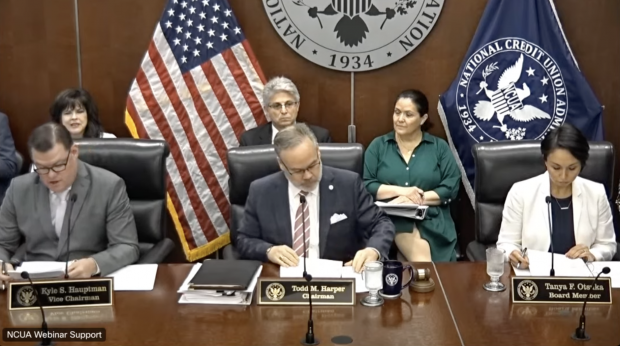With Congress actively pursuing regulatory reform, credit cards restrictions and further regulations on overdraft charges, among other subjects, CUNA and NAFCU are spending more money to influence the outcome of those legislative battles.CUNA spent $830,000 on lobbying activities in third-quarter 2009, up from $770,000 in the second quarter and $714,540 in third-quarter of 2008, according to reports filed with the House and Senate.CUNA also paid two lobbying firms-Downey McGrath Group and Trammel and Co.- $50,000 for lobbying.NAFCU spent $649,997 in the third quarter of 2009, up from $304,881 in the second quarter and $414,203 in the second quarter of 2008, according to its filings.NAFCU paid the Raben Group, a Washington lobbying firm, $50,000 during the period.The amount spent by an association on lobbying includes portions of lobbyists' salaries as well as the time spent by other members to support those activities like clerical assistance of an economic analysis used to back up arguments made by lobbyists.In addition, the associations pay the expenses of their employees or their representatives when they testify on Capitol Hill.CUNA has testified nine times this year, compared to four times during the first 10 months of 2008.NAFCU has testified nine times this year, compared to three times during the same period in 2008."Many issues we care about moved to the front burner so we had to redouble our efforts," said CUNA Senior Vice President for Legislative Affairs John Magill.NAFCU Senior Vice President B. Dan Berger said his group has been busier than it has ever been, and he doesn't see things slowing down any time soon.During the third quarter much of the time was spent trying to lessen some of the impact of legislation to overhaul credit card rules on credit unions.While the trades spent a great deal of effort to exclude a provision regulating interchange in the bill, the measure contained other provisions that CUNA and NAFCU opposed, including a requirement that a card issuer reassess customers' interest rates every six months if the issuer raises an interest rate. It also bans raising rates unless the consumer is more than 60 days late in payment (the credit union and banking lobbies wanted a shorter period).The trades also spent a great deal of time lobbying on several provisions of the regulatory restructuring legislation, especially the Consumer Financial Protection Agency. Much of the action has been on the House side, and the Financial Services Committee began marking up the legislation last month.The Senate is scheduled to begin considering legislation after Thanksgiving.Other credit union groups that spent money on lobbying themselves or paid other companies to lobby on their behalf were the California Credit Union League, $303,000 during the third quarter and CUNA Mutual Group, $165,000. Both the Louisiana and Texas Credit Union Leagues hired the firm Adams & Reese to lobby on their behalf. The Texas League paid the firm $30,000, and the Louisiana league paid it $29,000.–[email protected]
Continue Reading for Free
Register and gain access to:
- Breaking credit union news and analysis, on-site and via our newsletters and custom alerts.
- Weekly Shared Accounts podcast featuring exclusive interviews with industry leaders.
- Educational webcasts, white papers, and ebooks from industry thought leaders.
- Critical coverage of the commercial real estate and financial advisory markets on our other ALM sites, GlobeSt.com and ThinkAdvisor.com.
Already have an account? Sign In Now
© 2024 ALM Global, LLC, All Rights Reserved. Request academic re-use from www.copyright.com. All other uses, submit a request to [email protected]. For more information visit Asset & Logo Licensing.









